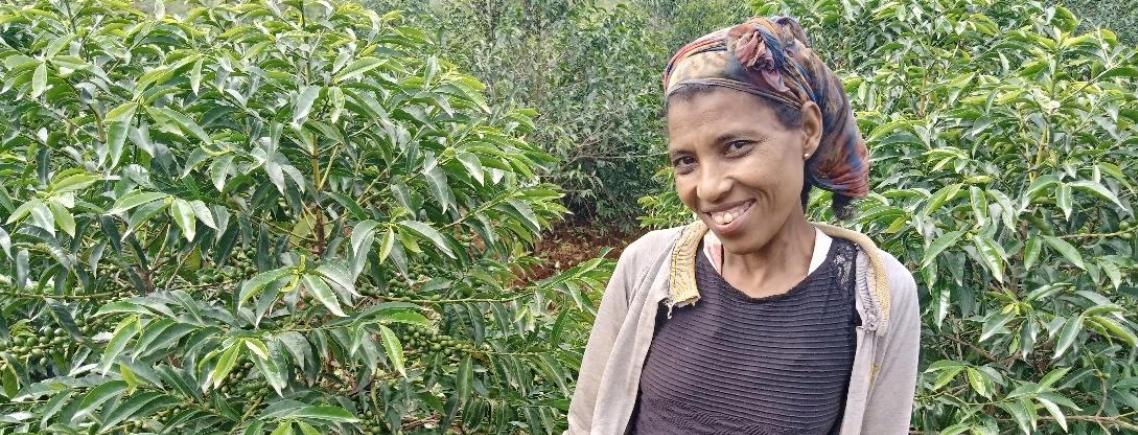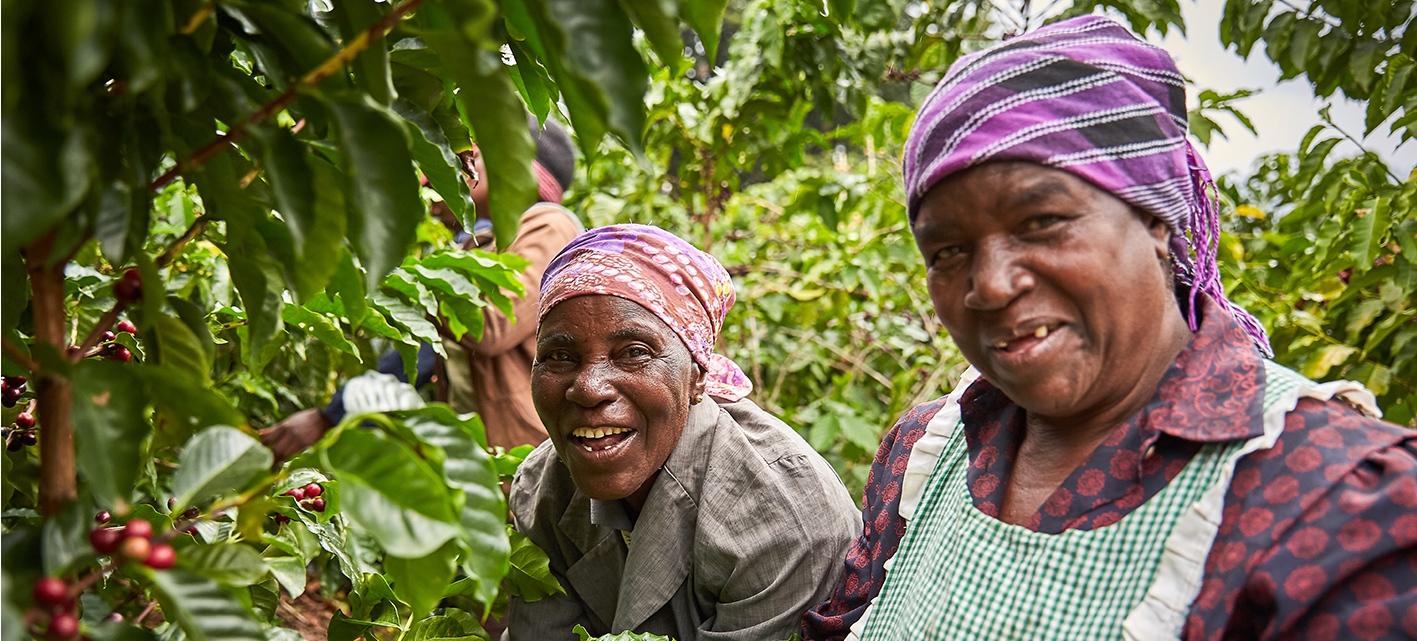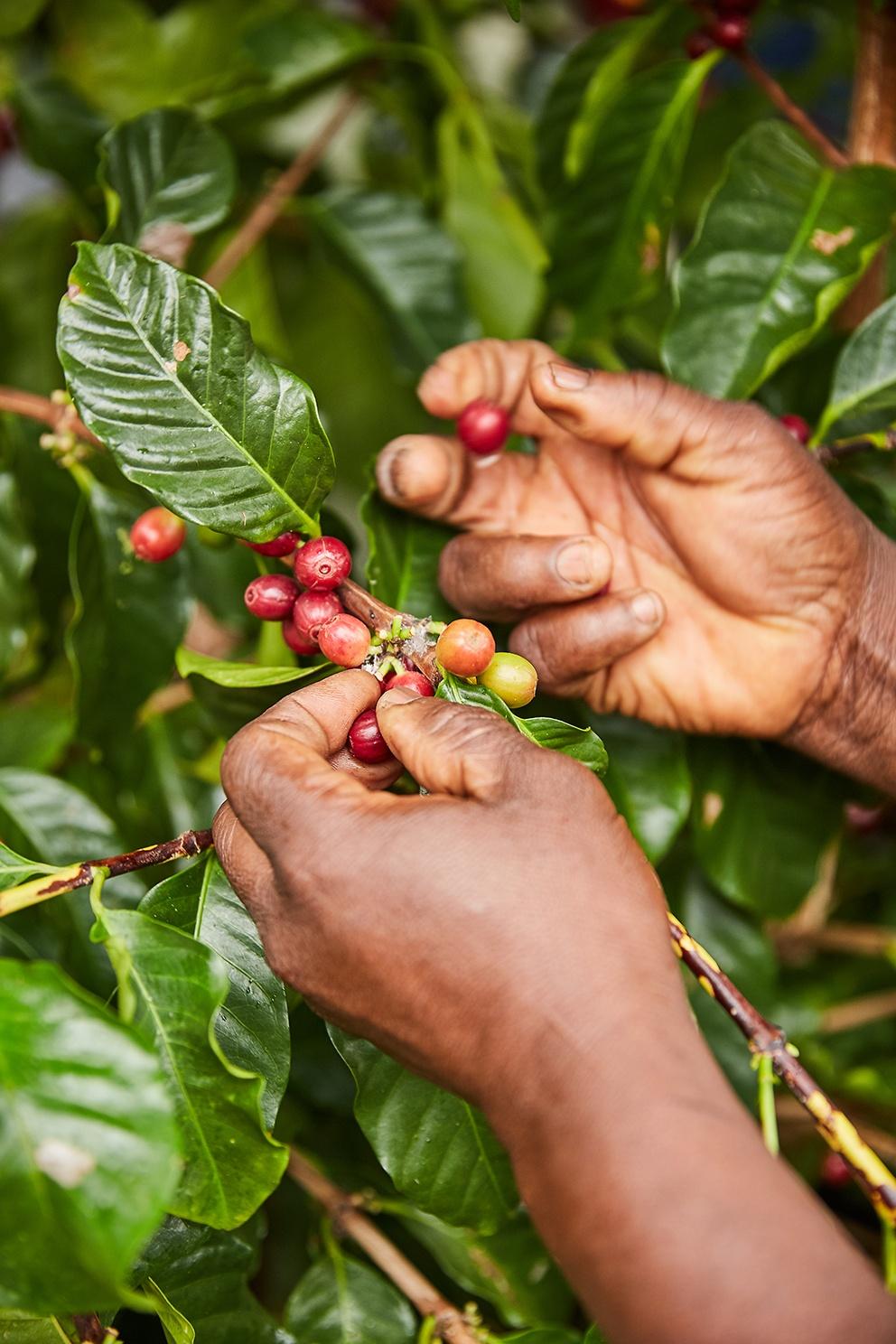This article originally appeared on Guillaume Le Cunff, CEO of Nespresso, Linkedin’s page
Over the decades that the three of us have spent in the coffee and development sectors, one of the most rewarding experiences is always hearing the life stories of the incredible coffee farmers we work with. Every one of these experiences makes us stop, think, and re-evaluate how we do business and how we can better serve these coffee-growing communities.
Take Tigist Wube.
A coffee farmer in southern Ethiopia, she works hard to provide for her family. She uses the proceeds from the family’s small coffee farm to pay for her children’s school fees, clothing, and food. But as her coffee trees grew older and less productive, the proceeds from each harvest were decreasing. Despite these challenges, Tigist refused to give up and set herself the task of turning the situation around.
Tigist is not just a one-off story. In communities like Tigist’s, women are a vital part of the successful running of farms and agricultural businesses, with roughly half of Sub-Saharan Africa’s agricultural labour force being female. Looking at the whole coffee value chain, we see women involved in every step, from tending to the plants to harvesting and processing the coffee to managing cooperatives. Without the work of these women, the coffee that you and we rely on each morning would never reach us.
Despite the vital role of female farmers, they continue to face inequality and obstacles to earning a decent living. Globally, women have less access to land, farming tools, seedlings, loans, and training. They are less likely to be able to join a cooperative or to rise through its ranks to a leadership position. As a result of these inequities, the average production on women-led farms can be up to 25% lower than on those led by men. That is why closing this gap is so important to all of us.
Studying the Roots of Inequality
Nespresso first established a global gender equality strategy as part of the AAA Sustainable Quality Program™ in 2017, which brought to light the need for more information across different regions and clusters. Because of this, and together with international development non-profit TechnoServe and other supporting partners, we developed the AAA Gender Analysis Tool, designed to unearth the insights needed to empower women.
Practically speaking, this involved interviewing hundreds of individual women and men in the farming communities we work in; offering opportunities to speak freely without influence from their spouse. And helping us to better understand household dynamics in specific communities.
In particular, the results from the interviews conducted in Sidamo, Ethiopia were stark. In fact, 95% of the women hadn’t finished primary school and over half had received no education at all – ultimately impacting their chances for success and most of all, increased confidence.



